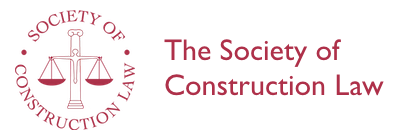Controlling Contractual Discretions: The Limits Placed on Discretionary Powers in Construction Contracts
Paul Tamburro
November 2020
A paper based on the highly commended entry in the Hudson essay competition 2019
This paper considers contractual discretions in the construction context, namely powers that are granted to one party in the contract to make decisions that affect the interests of both parties. The paper considers the types of discretion conferred on the contractor and how they might be constrained by express or implied terms. It examines this in light of the Supreme Court’s decision in Braganza v BP Shipping, which provides guidance on how the scope of the implied duty varies according to the terms and context of the contract, and draws an analogy between contractual discretions and the administrative law review of statutory powers. The author concludes by arguing that imposing ‘good faith’ restrictions on contractual powers are likely to promote fair contracting within the construction industry, without adding unmanageable uncertainty.
I Introduction – II Discretions in construction contracts – III Express limits – A Express limitations in the discretion – B Good faith clauses – IV The nature of an implied term – A Implied by law or fact – B Rationale – C Excluding the implied term – D Absolute rights – V The scope of the implied term – A Applying Braganza principles to commercial contracts – B The variable scope of the implied term – C Applying the variable scope to construction contracts – D Analogy with public decision-making – VI A burden on freedom to contract? – VII Conclusion
The author: Paul Tamburro is a lawyer at King & Wood Mallesons in Melbourne, Australia.
Text: 21 pages
